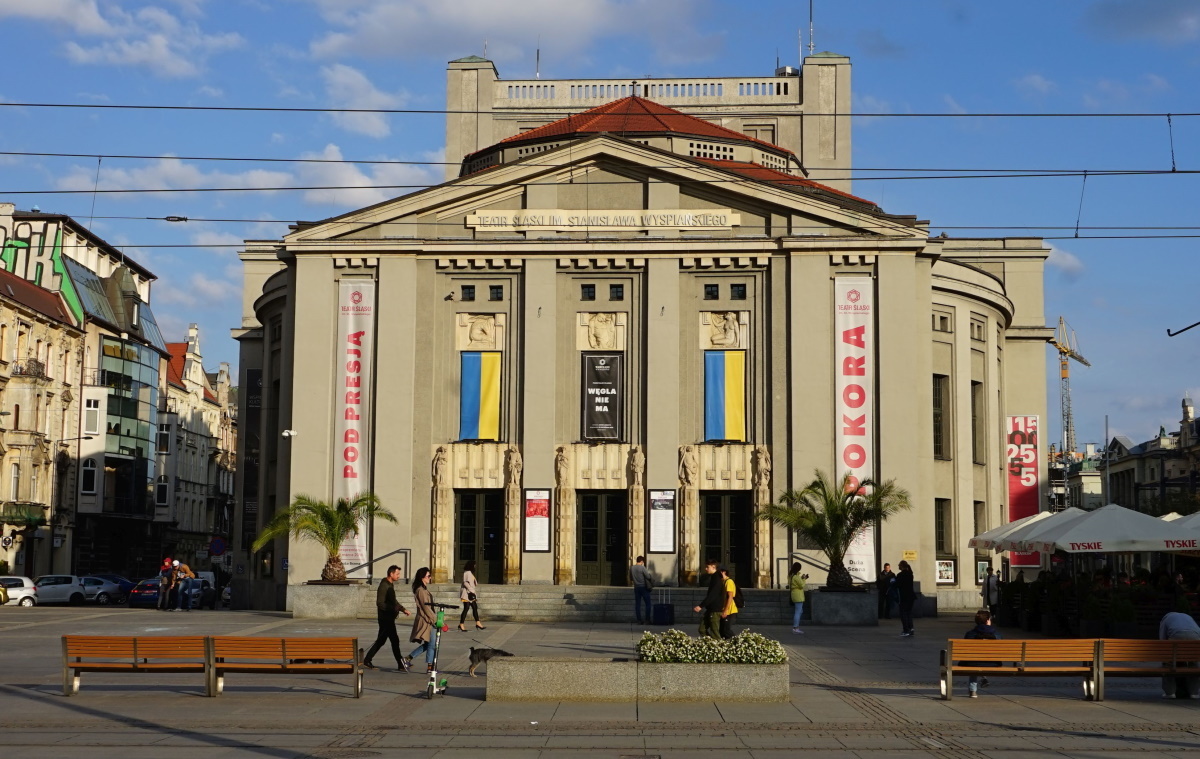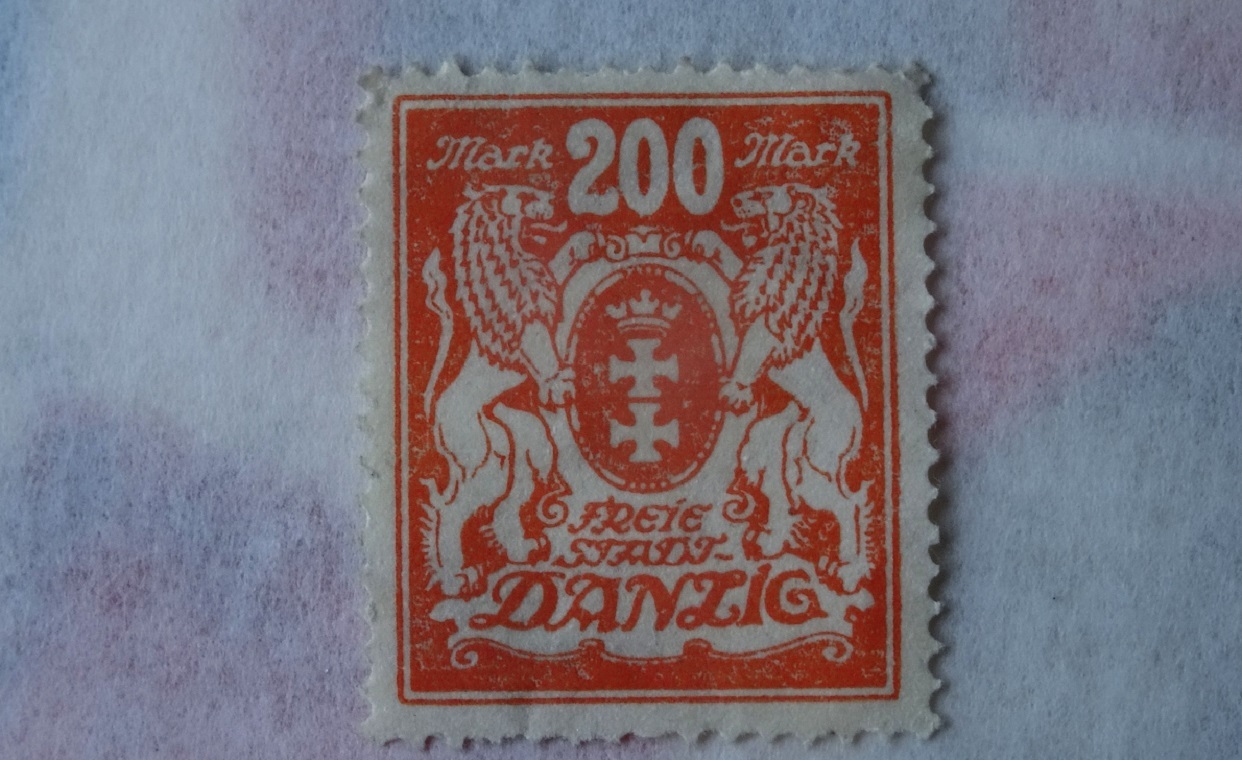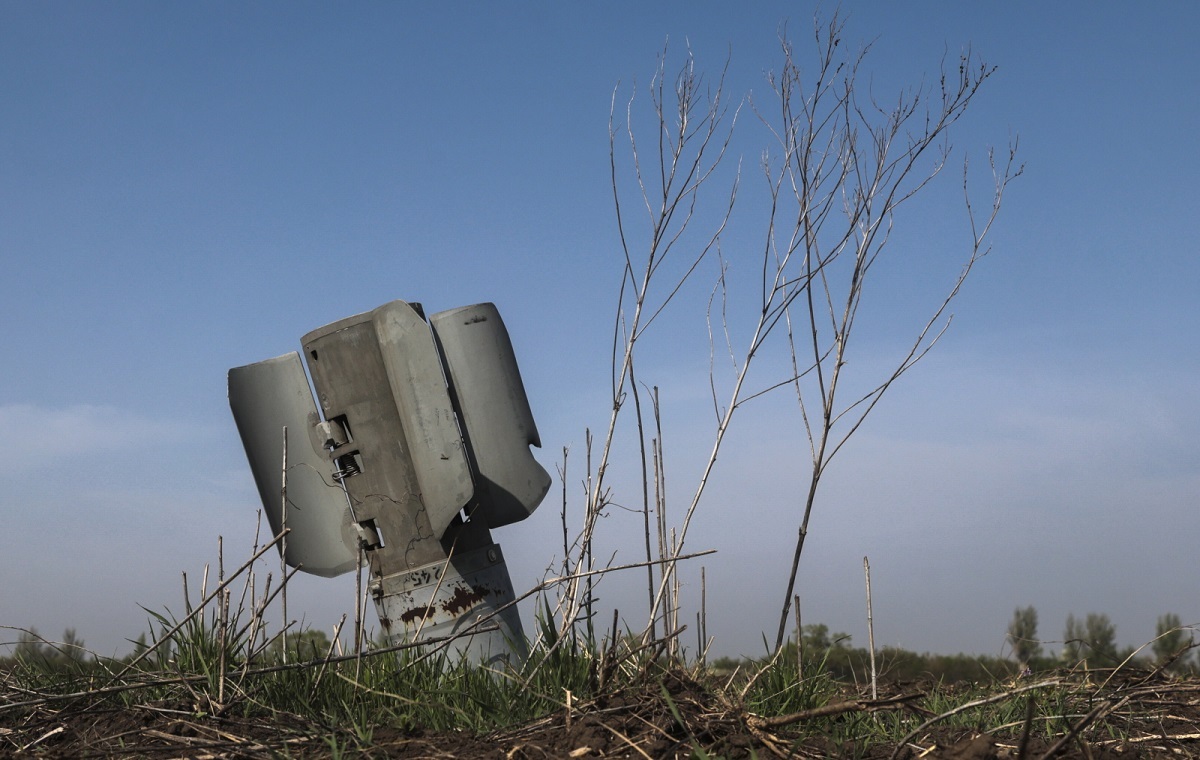In Sejm, the 50th anniversary of the establishment of diplomatic relations between Poland and Germany on September 14, 1972, was marked by relations with Germany.
The deputies looked to the past – adopted a loss compensation resolution during World War II – and to the future – in favor of Dariusz Pawłoś’s candidacy for the position of Polish ambassador in Berlin.
With a majority of 419 out of 438 votes, the Sejm adopted a resolution prepared by Law and Justice, which initially referred to “reparations” from Germany, and in the form that was finally adopted after discussions and amendments, the resolution deals with “compensation”. In a resolution, the Sejm called on the German government to accept “political, historical, legal and financial responsibility” for Poland’s war losses.
In the debate, Arkadiusz Mularczyk, MP-rapporteur from PiS asked for the broadest support. – This will inform the German state that this action (the lawsuit against Germany – ed.) has a strong political mandate and is the result of political consensus in Poland – said Mularczyk.
The PiS government is demanding compensation from Germany for war damage. The photo shows the ruins of Warsaw in 1945.
September 1 this year. a team led by Mularczyk published a report on Poland’s war losses and estimated them at PLN 6 trillion 200 billion. The Polish government announced that it would send a diplomatic note to Germany on this issue. German Chancellor Olaf Scholz said after the publication of the report that the issue of reparations was closed for Berlin.
Compromise text resolution
Although the resolution received broad support from lawmakers, its adoption was preceded by heated debate. The Civic Coalition Club, in its own right, demanded that reparations be taken into account against Russia as the heir to the Soviet Union. – We must treat both aggressors equally – said Rafał Grupiński from KO.
The Polish-PSL coalition wants compensation from Germany, not reparations. – There is no international court to which Poland can submit this matter – says Władysław Teofil Bartoszewski. – You have to focus on the political and diplomatic game to receive compensation or redress from the German side, because it is only possible on a bilateral basis – he said.
The resolution adopted is the result of a compromise on these two projects. Instead of “repair” it talks about claiming “compensation” from Germany. The text also calls for “specifications and presentation of the necessary respect, which will form the basis for taking appropriate action against the Russian Federation.”
Criticism from the opposition
Despite the compromise, the resolution was criticized by the opposition. Several deputies pointed out that the Sejm had passed a resolution on reparations once – in 2004 – but successive governments had done little on this issue.
– This is a problem for years. This is not a question for tomorrow and the day after. This is not a question for discussion before the next election – said Paweł Kowal, MP from the KO, adding: – This is a special time when the cohesion of NATO, the European Union and the anti-Putin coalition is critical.
– Why are reparations removed from dusty shelves now, on the eve of an election campaign? – asked a member of the Left, Adrian Zandberg. In turn, Krystian Kamiński of the Confederation criticized: – This resolution is theater to cover up internal problems. Inflation, coal shortages, high prices, high loan installments.
The Deputy for Law and Justice replied that this was a good time to raise the issue of reparations. – Today there is a bankruptcy of this moral force (Germany), incl. to create conditions for Russia to attack Ukraine, said Radosław Fogiel of PiS. – We must support this process and use it and provide the MFA with a strong diplomatic tool, namely the Sejm resolution.
Assignments for the new ambassador
The person who would provide the German government with diplomatic records of war losses – if any – would most likely be Dariusz Pawłoś. The parliament’s foreign affairs committee accepted his candidacy for the position of the new Polish ambassador to Berlin. The final decision whether to fill a diplomatic mission is made by the president. Pawłoś is managing director of the Polish-German Youth Exchange, previously working at a facility in Berlin.
– Poland has the right to demand compensation for losses suffered by the German state – said Pawłoś during a presentation to deputies. – Poland expects from Germany that the report (on war losses) will start an open and substantive dialogue between our countries, which will lead to the resolution of the issue of reparations – he added.
Among his future priorities, Dariusz Pawłoś mentioned, among others, bilateral cooperation in the field of economic and security policy, historical policy, supporting the Polish and Polish communities in Germany, shaping a positive image of Poland and the completion of the construction of the Polish embassy in Berlin next year.
Deputy Foreign Minister Szymon Sękowski vel Sęk recommended Pawłoś as a candidate and emphasized, among other things, his experience in the field of public diplomacy. – We urgently need these competencies in positions in Berlin – he said. Pawłoś announced his involvement in an information campaign about Polish war losses and the construction of a monument to the victims of the Polish war in Berlin.
During the discussion, Deputy Minister Szynkowski vel Sęk added that he was counting on Pawłos to continue the mission of the previous ambassador, Andrzej Przyłębski, who asked to be dismissed at the beginning of the year. However, opposition lawmakers are critical of the former ambassador’s legacy. – As a knockout deputy, we evaluate the work of Ambassador Przyłębski badly (…) and we rely on the announcement of changes and corrections – said Paweł Kowal from KO.
Have experience in Germany
Pawłoś emphasizes his years of experience working in Germany. – Thank you for more than ten years of cooperation with prof. With Władysław Bartoszewski, I had the opportunity to meet many German politicians, both at the state level and at the highest authority level, he said. He praised the achievements of Ambassador Przyłębski who previously served as his boss in Berlin: – Prof. Przyłębski was an excellent diplomat in many fields and his diplomacy would be difficult to emulate.
In March this year. Pawłoś took up the position of Managing Director of the Polish-German Youth Cooperation. Previously served as an employee of the Ministry of Foreign Affairs, most recently served as deputy director of the Department of Public Diplomacy and Culture. In 2017-2021 he was press spokesman for the Embassy of the Republic of Poland in Berlin and head of the Ministry of Communications and Public Diplomacy. Previously, for more than 20 years he worked for the Polish-German Reconciliation Foundation, which he headed from 2008 to 2017 as chairman of the foundation’s board.

“Reader. Future teen idol. Falls down a lot. Amateur communicator. Incurable student.”






